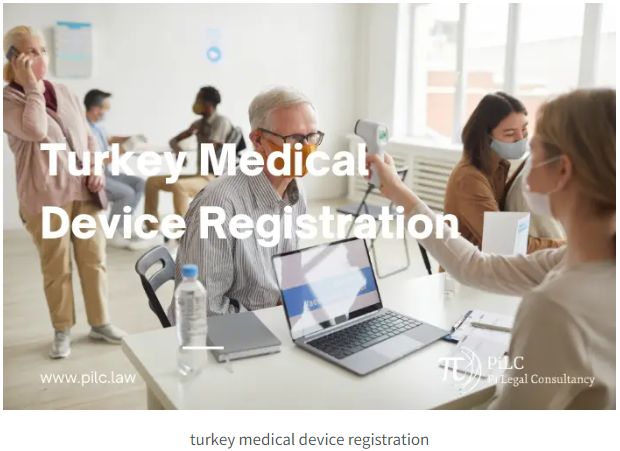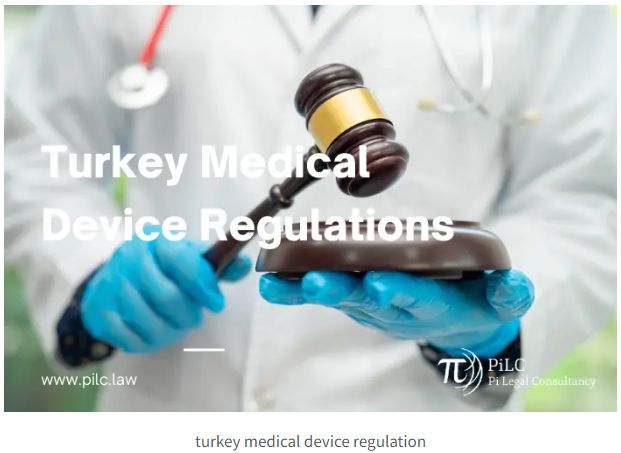- with Senior Company Executives, HR and Finance and Tax Executives
- with readers working within the Media & Information industries
Medical device quality management system in Turkey has been quickly changing over the years. Besides, the legal and political environment on medical device quality management systems is highly fragmented and thus complicated. Healthcare lawyers and relevant professionals face several challenges for finding out necessary procedures.
Introduction
Medical device quality management system in Turkey needs an innovative and comprehensive approach. It is far from simple to understand how the system operates in the healthcare sector. The present article will present targeted observations about the medical device quality management system in Turkey.
What is meant by a medical device quality management system?
A medical device quality management system (MDQMS) refers to a set of processes guaranteeing that the involved medical device has a sufficient quality and safety for the intended use. Medical device quality management system covers a wide range of activities including manufacturing, origin of country, risk management and supply chain management including distribution.

Does Turkey follow EU MDR?
The EU-Turkey Customs Union Joint Committee declared the commitment of Turkey to provide full alignment of the Turkish legal framework on medical devices into line with EU rules including Medical Devices Regulation (EU) 2017/745 and In Vitro Diagnostic Medical Devices Regulation (EU) 2017/746. Accordingly, EU standards and principles on medical devices are applicable to Turkey.
What are the requirements for Medical Devices Quality Management System in Turkey?
There are critical obligations for medical devices quality management system in Turkey. First of all, all medical devices must have the CE marking in Turkey. What is more, medical devices should be registered in the online database system of the Ministry of Health. The Turkish Medicines and Medical Devices Agency, the main regulatory authority in Turkey, is granted to impose obligations and standards for medical devices.
How is Medical Devices Quality Management System regulated in Turkey?
Turkey medical device regulations are mainly managed by the Ministry of Health authorities in Turkey. The Medical Device Regulation has been fully implemented in the EU and in Turkey, simultaneously as of 26 May 2021. The In vitro Diagnostic Medical Device Regulation has been fully implemented as of 26 May 2022 in Turkey. Fundamental objective of those regulations is to create a transparent and sustainable medical device market in Turkey.

Which Authorities are Competent for Medical Device Quality Management in Turkey?
There are three main bodies in Turkey to regulate and supervise the medical device management market: the Ministry of Health, the Turkish Accreditation Agency and the Turkish Medicines and Medical Devices Agency. Each authority is empowered with a different role in Turkey medical device registration requirements and certification process.
What is the FDA equivalent for Medical Device Quality Management System in Turkey?
As summarized above, the Turkish Medicines and Medical Devices Agency, is granted significant mandates for medical device quality management system in Turkey. The Agency in question performs the cornerstone Turkish medical device regulatory authority within the jurisdiction of Turkey towards a broad range of areas including medical device quality management system in Turkey.
Conclusion
In the light of the foregoing, this article concludes that understanding the medical quality management system in Turkey is beyond simple. Three executive institutions are granted different mandates and powers in the quality management. Medical professionals including healthcare lawyers carry out essential duties in the field of medical device environment. Medical device regulatory consultancy in Turkey may play a pivotal role in arriving a positive outcome during the application and certification process.
The content of this article is intended to provide a general guide to the subject matter. Specialist advice should be sought about your specific circumstances.


